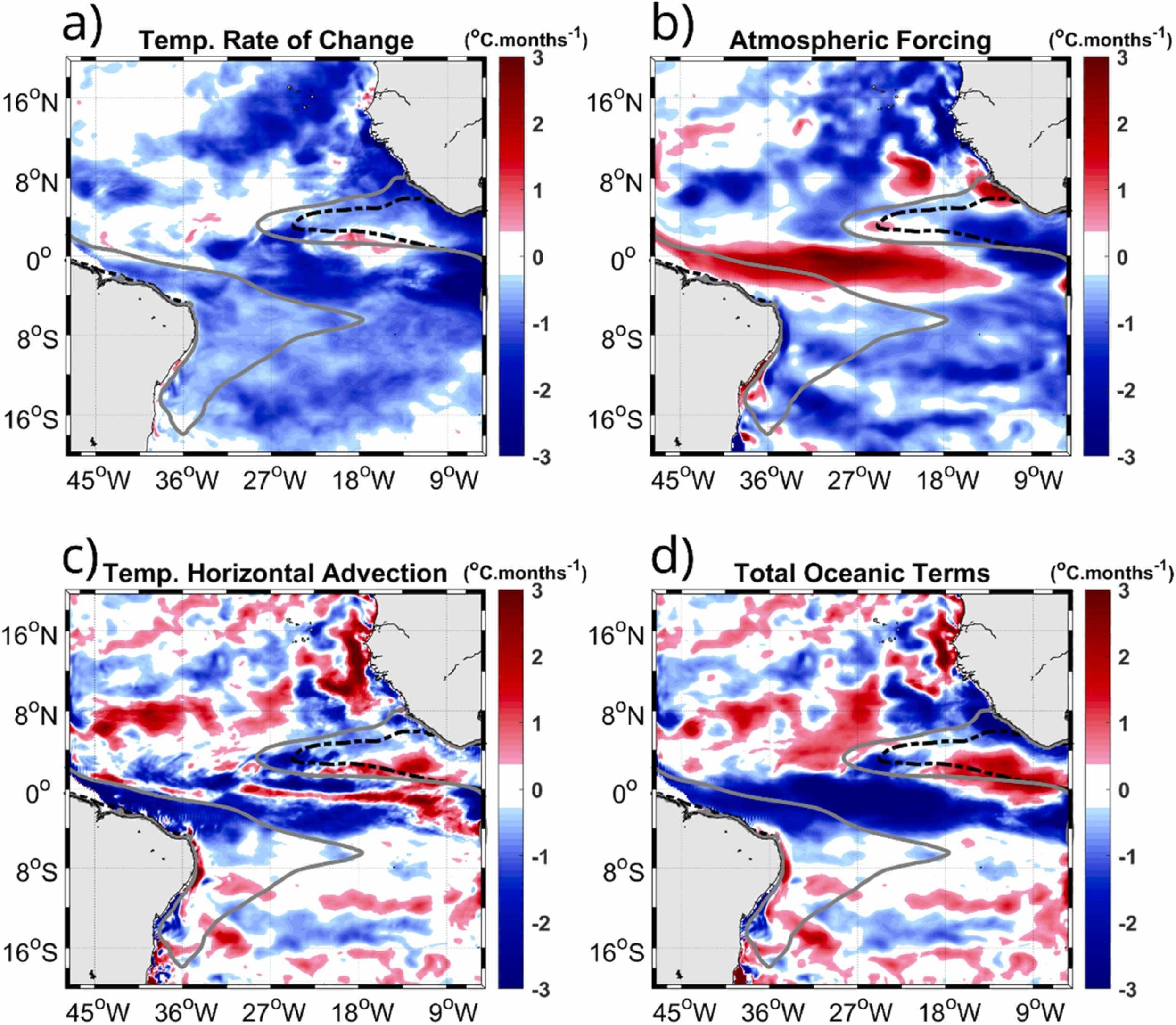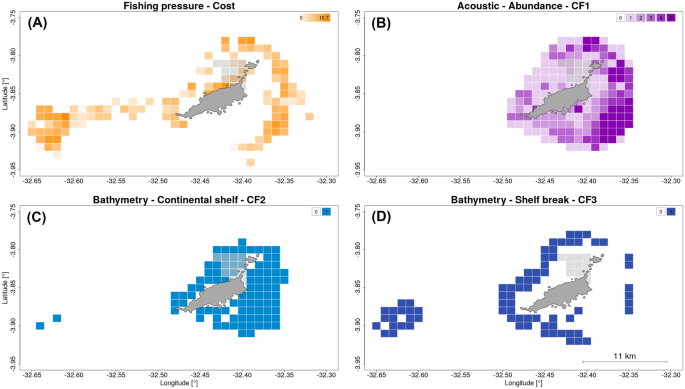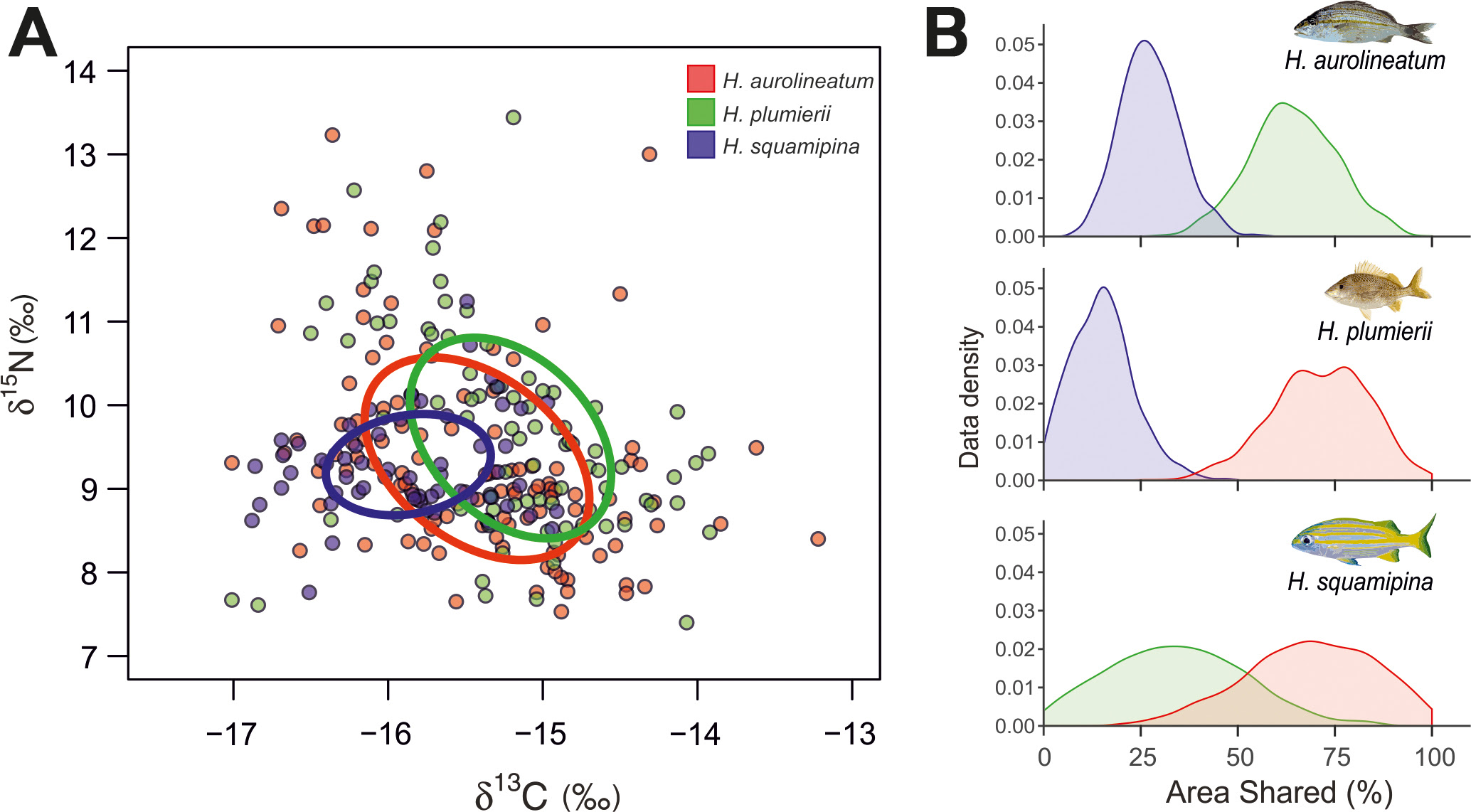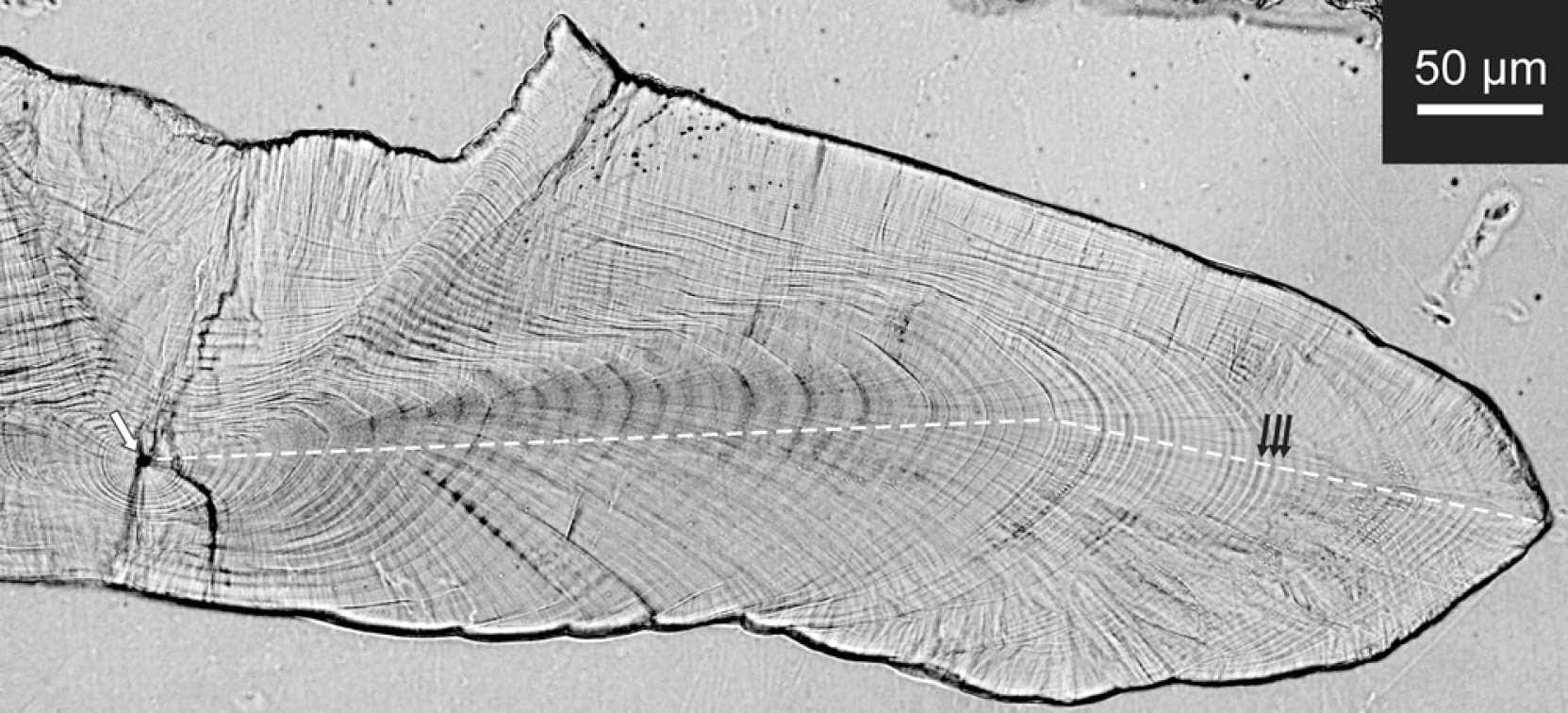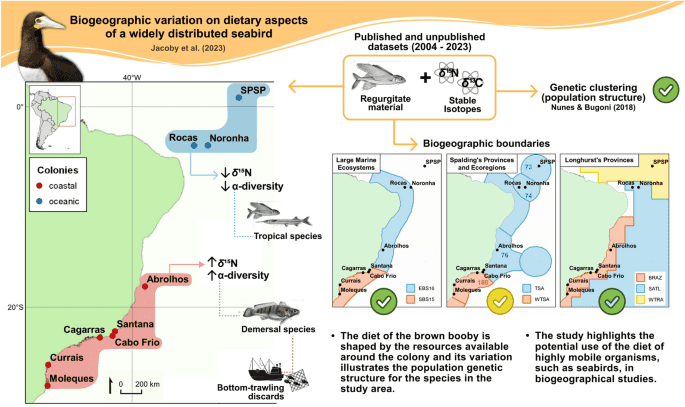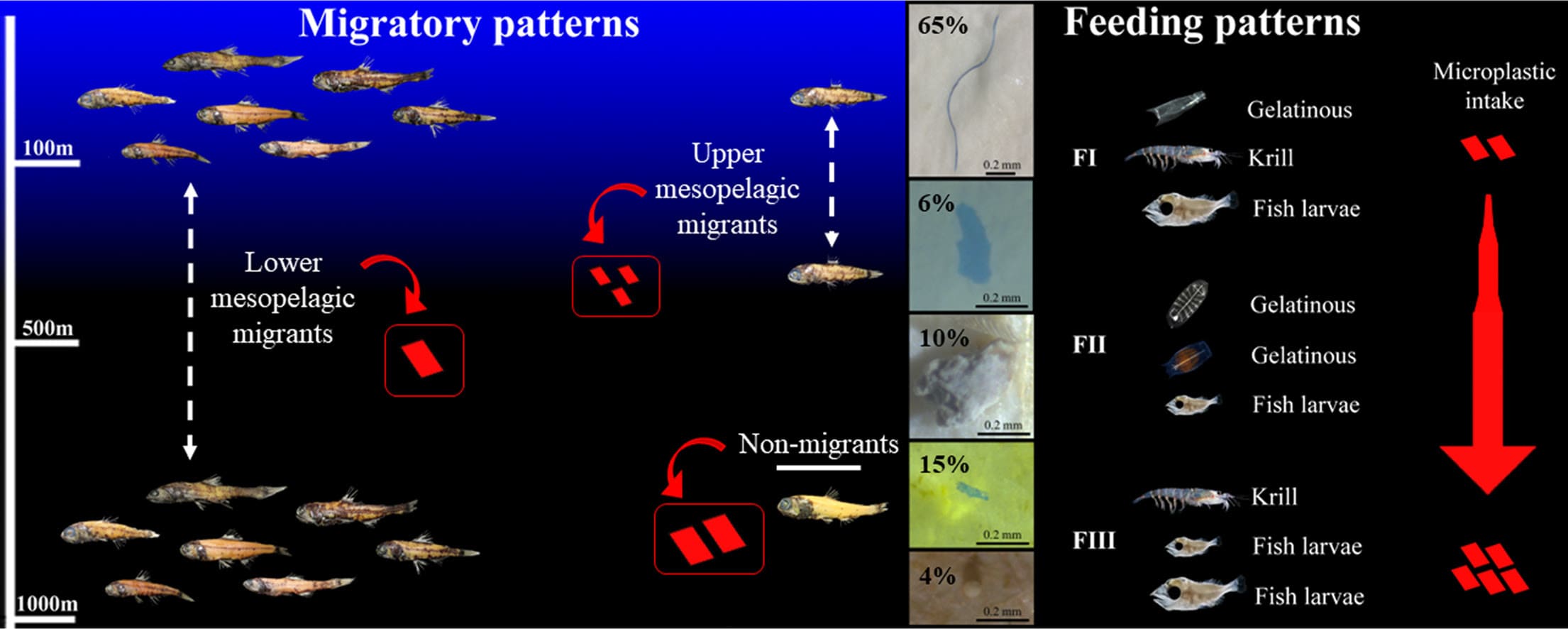A numerical investigation of the interannual Southwestern and Equatorial Atlantic warm pools (WPs) (SST>28 °C) was conducted for the 2000–2014 period, focusing on two major
Reserves are at the heart of global policies to stop the erosion of biodiversity. Optimisation is increasingly used to identify reserve locations that preserve biodiversity
In the Southeastern Tropical Atlantic, Haemulidae family play an important role both environmentally, acting as a link between lower and higher trophic levels, and socioeconomically,
n this study, we investigated the size-at-age structure and growth of the horse-eye jack (Caranx latus), a highly mobile neritic species with significant commercial value
The diet of widely distributed species is influenced by the availability of food resources, which can vary according to local conditions. Thus, heterogeneity in diet
Plastic debris is ubiquitous in the hydrosphere. Yet, we lack an understanding of contamination among deep-sea species and primarily how each trait can influence microplastic
Geostrophic currents derived from altimetry are used to investigate the surface circulation in the western tropical Atlantic over the 1993–2017 period. Using six horizontal sections
In western boundary current systems (WBCSs), strong currents flow coastward carrying oceanic water masses and their associated planktonic fauna. Variation in the intensity of these
Competition embodies species struggle for space and food and is, therefore, a critical evolutionary mechanism influencing species spatiotemporal patterns and persistence. One of the main
Long-term monitoring is required to assess the current state and trend of water quality in anthropogenic-influenced estuarine systems. In this study, we evaluated 1581 samples



